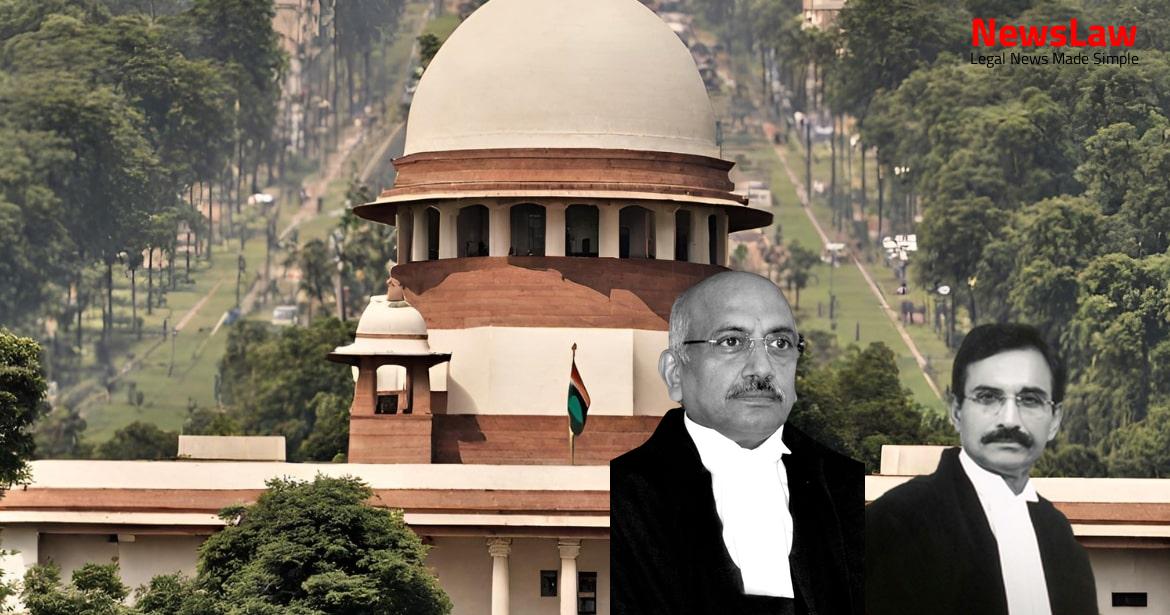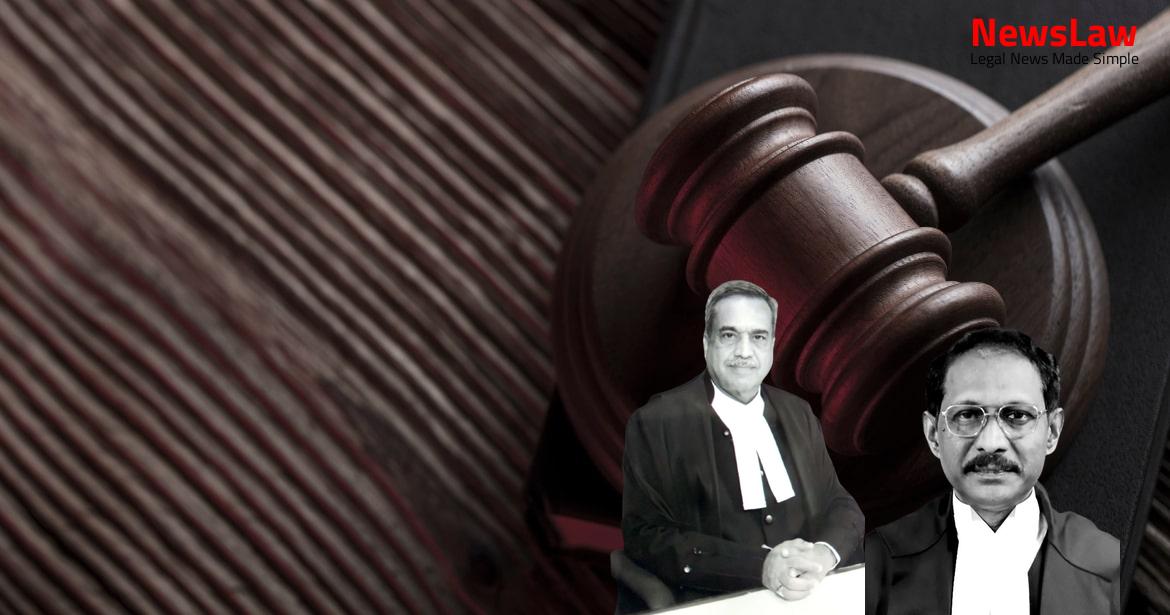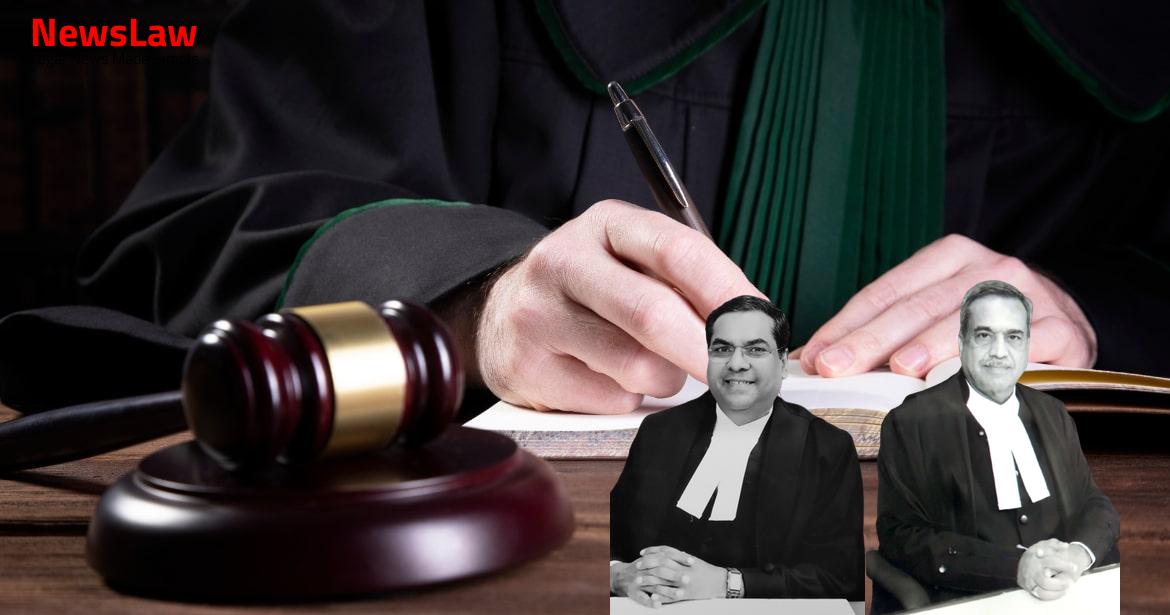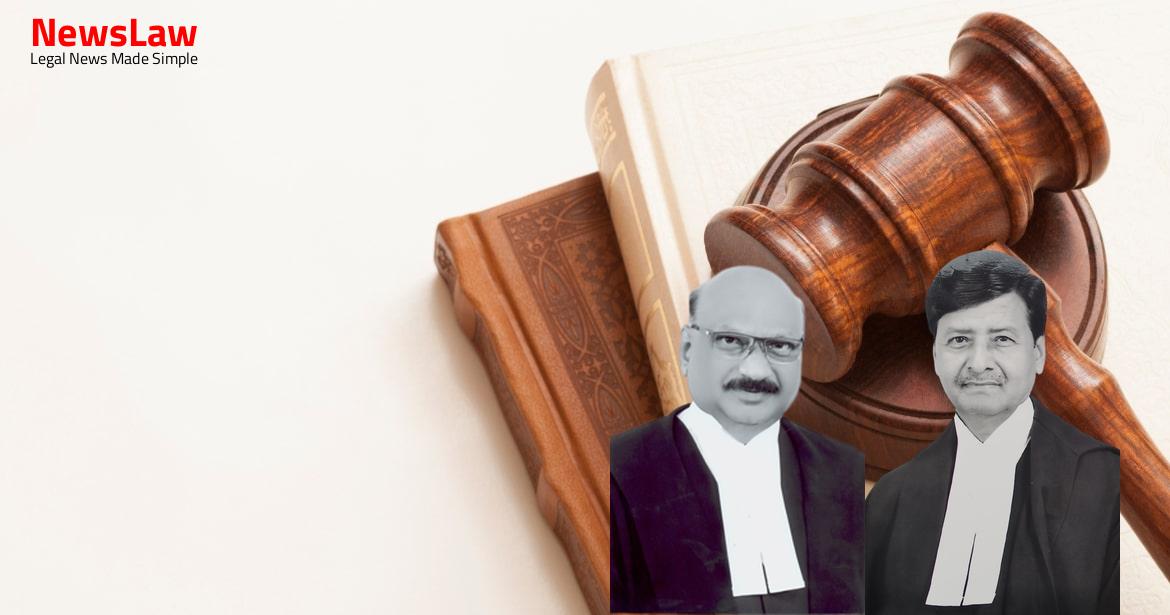The High Court delved into the intricate legal aspects surrounding a seniority dispute stemming from ad hoc appointments in a recent case. The Court’s detailed analysis and conclusions shed light on the nuances of seniority determination in scenarios involving temporary appointments and subsequent regularization. This blog post highlights the key findings and implications of the Court’s ruling in resolving the dispute.
Facts
- The Writ Petitioners were promoted on ad hoc basis on various dates in 2004.
- Direct recruits appointed in 2005 were shown as seniors to the Writ Petitioners in the final Seniority List of 2010.
- Writ Petitioners were initially appointed as Naib Tehsildars and later promoted and confirmed as Tehsildars.
- Vacancies of Deputy Collectors in the promotion quota were not filled due to allocation issues after the formation of Uttarakhand.
- Writ Petitioners relied on the proviso to Rule 24(4) of the 2005 Rules to claim seniority based on continuous officiating service.
- Grievances were raised regarding the seniority determination after an Office Memorandum issued by the Government of Uttarakhand in 2015.
- Writ Petitioners sought direction for counting their entire period of continuous service for seniority purposes as per the Memorandum.
- Dispute arose over the allotments made for Deputy Collectors working in Uttar Pradesh but shown in the promotee quota.
- Promotees contended that those who didn’t join Uttarakhand should not occupy the promotee quota.
- High Court was permitted to resolve the dispute over the Office Memorandum raised by promotees for the first time.
- The High Court held that the Petitioners were entitled to count their seniority from the date of their initial appointments.
- An ad hoc appointee shall be entitled to count the entire service for seniority from the date of ad hoc appointment to the date of regularisation if in continuous service without interruption.
- State Government directed to prepare final seniority list of Deputy Collectors within six months from the date of judgment treating the Writ Petitioners as appointed on a regular basis from their initial ad hoc appointments in 2004.
- High Court upheld the Office Memorandum dated 21.10.2015 despite initial appointments not following proper procedure.
- Final allotment orders for Deputy Collectors under the Act started from 23.04.2004 and ended on 02.10.2015, with officers deemed allotted to State of Uttarakhand w.e.f. 11.2000.
Also Read: Legal Analysis of Entrance Exam Regulations in AYUSH Courses
Analysis
- The High Court erred in giving the benefit of ad hoc service to the promotees based on Rule 24(4) of 2005 Rules.
- Conclusion (B) does not apply to cases covered by conclusion (A), which deals with ad hoc appointments made as stopgap arrangements.
- The appointments of the promotees in 2004 were ad hoc and regularized in 2007 as per the 1982 Rules and 2005 Rules.
- The High Court did not consider if the promotees continuously worked in a post within the promottee quota after their ad hoc appointment in 2004.
- The Office Memorandum of 21.10.2015 confirms that only 2 posts were available in the promotee quota during 2003-2004.
- Seniority is determined from the date of substantive appointment.
- Appointment by promotion is based on the list prepared under Rule 16.
- Central Government has the power to determine final personnel allotment to successor States.
- Recruitments to the post of Deputy Collector were initially governed by specific rules.
- Temporary appointments can only be made for a year.
- Promotion on a temporary basis followed by approval entitles the individual to claim continuous service.
- The Uttarakhand Civil Services (Executive Branch) Rules, 2005 define ‘substantive appointment’.
- Rule 24(4) allows for appointments on temporary or ad hoc basis as per the prepared list.
- The period of officiation can be counted even if the initial appointment was not made following the procedure in the Rules.
- If appointees continued in the post uninterruptedly until the regularisation of their service in accordance with the Rules, the period of officiation can be considered.
- A controversy related to the application of principles from a previous case was settled in this Court’s judgment in State of West Bengal & Ors. v. Aghore Nath Dey & Ors.
- Retired officers who worked in Uttar Pradesh are not necessary to be adjudicated in the dispute over Rule 24 proviso differences in translations.
- Promotees are concerned that including such retired officers in the seniority list would disadvantage them by placing them below direct recruits from 2005.
- Allocation process delay was due to officers remaining in Uttar Pradesh under interim writ petition orders challenging the allocation.
- Retired officers who did not join Uttarakhand post-allocation are to be considered employees of the successor state.
- The allotment was effective from November 2000, indicating the importance of the retired officers in finalizing quotas and seniority.
- Promotees object to Deputy Collectors allocated to Uttarakhand who never worked there and retired from Uttar Pradesh.
Also Read: Challenging Foreign Contribution Regulations: Legal Analysis
Decision
- The allotment process was finalized on 02.09.2015.
- The promotees are not entitled to count their ad hoc service for the purpose of computing their seniority.
Also Read: Precedence of Secured Debt over Crown Debt: Legal Interpretation
Case Title: VINOD GIRI GOSWAMI . Vs. THE STATE OF UTTARAKHAND (2020 INSC 193)
Case Number: C.A. No.-001606-001606 / 2020



